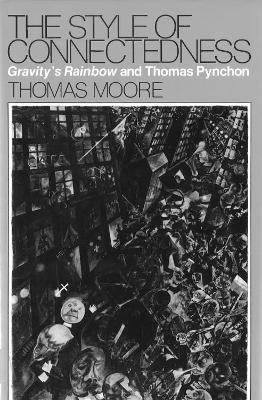Thomas Pynchon's Gravity's Rainbow, arguably one of the greatest works of fiction in this century, has often been considered despairing, absurdist, or niilistic. Now, in a monumental effort to make Pynchon's work more accessible, Thomas Moore surveys all the major, and often confusing, backgrounds in Gravity's Rainbow--from archaic myths to quantum-physical theory; from romantic thought to rocket technology; from seventeenth-century Puritanism, through the ideas of Weber, Jung, and Marhsall McLuhan, to the worlds of Weimar and Hollywood movies--to help Pynchon's reader understand the weird, frightening, funny, lyrical, surreal, and ultimately hopeful cosmos of Pynchon's fictions.
By exploring the novel's internal strategies and its brilliant integrations of background information, Moore illustrates how Gravity's Rainbow remains movingly humane, as its author, the agonized mediator of a bewildering field of cultural information, remains excruciatingly sensitive to every human image and gesture, searching for the chances for love and connection that still hide in the vast designs of things.
The reader of Moore's work should emerge with a thorough appreciation of Pynchon's unique style of genius, of his optimism, of his intense moralism, and of the justness of the widespread claim that Pynchon is the most brilliant "encyclopedic" writer of fiction since Joyce.
- ISBN13 9780826206251
- Publish Date 30 May 1987
- Publish Status Active
- Publish Country US
- Imprint University of Missouri Press
- Format Hardcover
- Pages 312
- Language English
